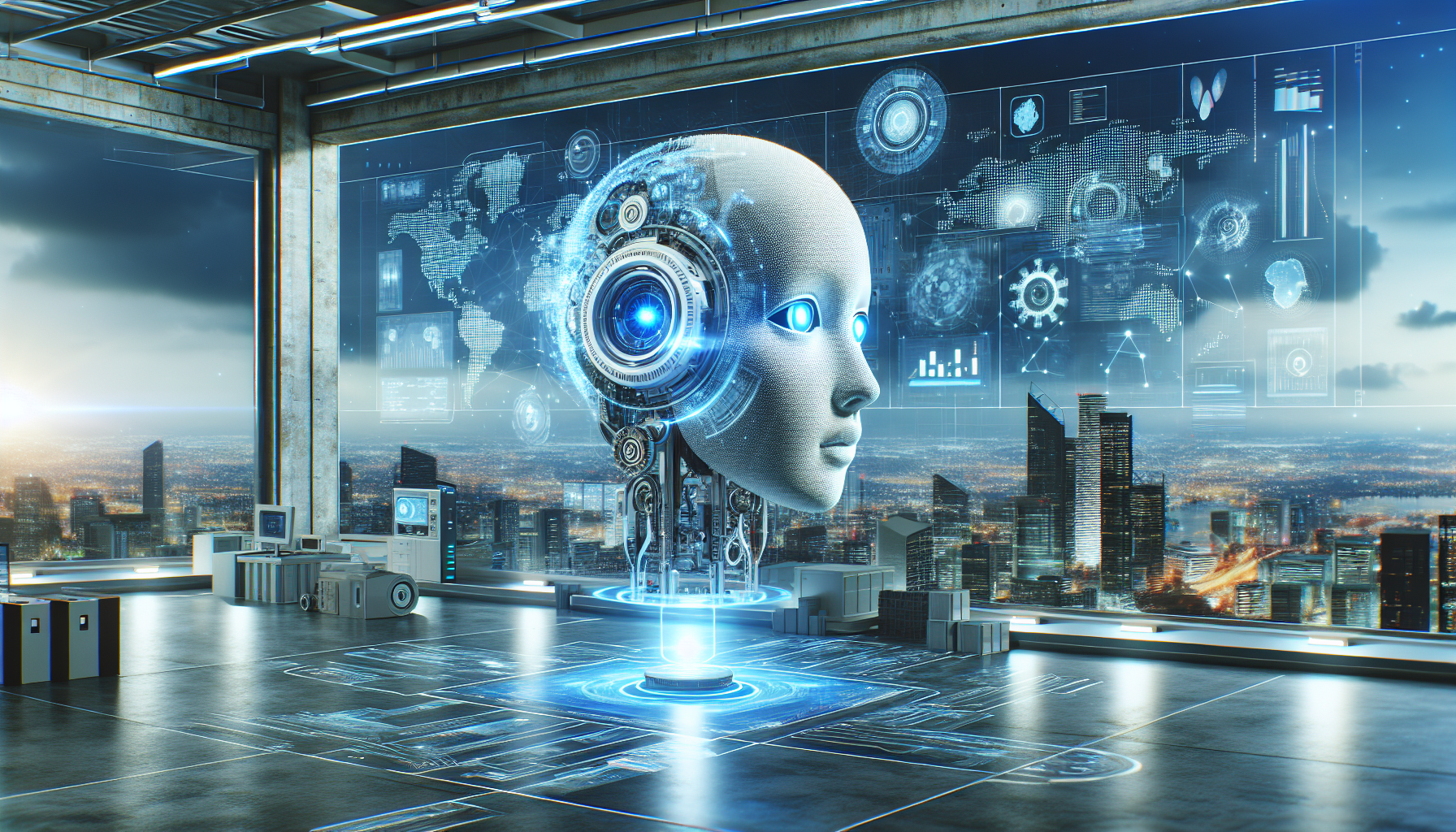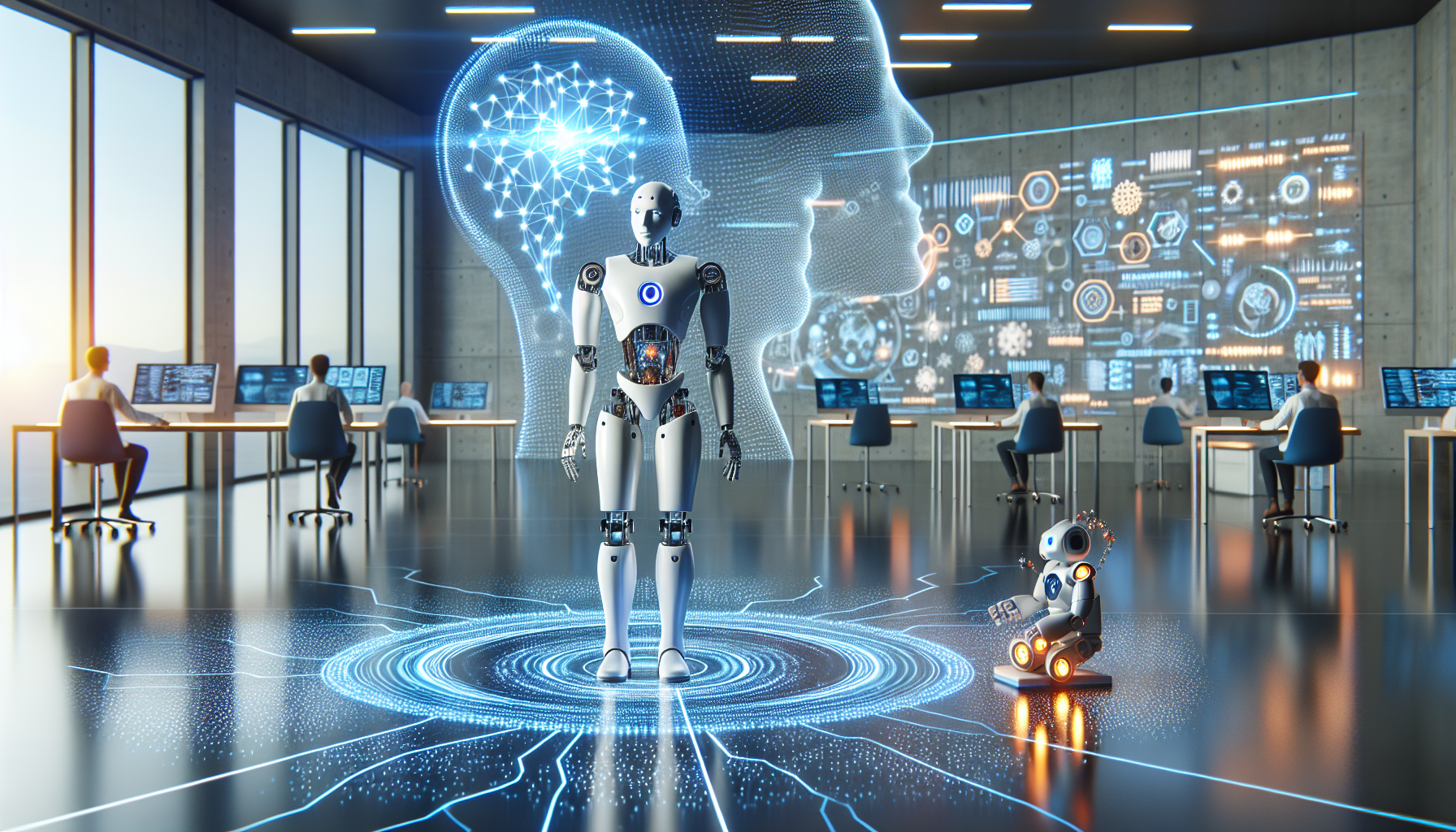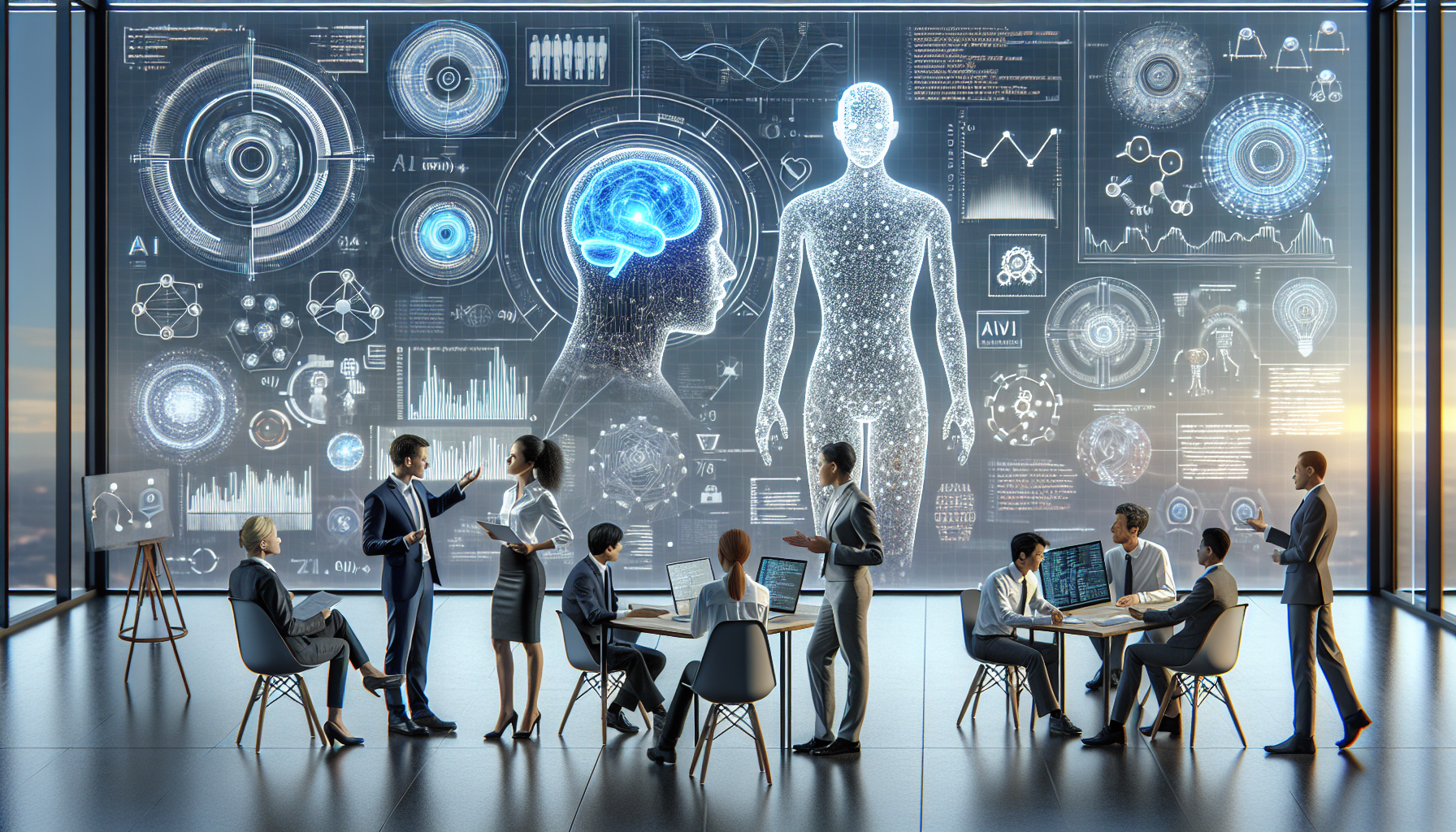
The Psychological Impact of AI: How Our Minds May Evolve in the Future
September 29, 2025
Imagine a world where artificial intelligence not only assists with daily tasks but also fundamentally alters the way we think, feel, and interact. As we stand on the brink of this AI-driven future, it is imperative to examine the psychological effects AI might have on human behavior and how these shifts could redefine our very essence.
Artificial intelligence, with its profound capabilities, holds the potential to transform our cognitive processes. The integration of AI into our lives promises not only to enhance efficiency but to challenge the boundaries of human intelligence. One of the most compelling predictions is that AI will augment human creativity. As AI takes over routine cognitive tasks, humans will have more mental bandwidth to explore creative endeavors. This shift could lead to a renaissance of innovation in art, science, and technology, driven by a newfound freedom to think beyond traditional constraints.
Moreover, AI's influence on decision-making processes offers a fascinating glimpse into the future. As AI systems become more adept at analyzing vast datasets and predicting outcomes, humans might increasingly rely on these insights. This reliance could alter our decision-making frameworks, leading to decisions that are more data-driven and less influenced by emotional biases. While this may enhance the rationality of our choices, it also raises questions about the erosion of intuition and the human touch that characterizes our current decision-making processes.
The social dynamics of AI present another intriguing aspect of this evolution. AI's ability to mimic human interaction through chatbots and virtual companions could reshape our social landscapes. These AI entities, designed to provide companionship and support, might become integral parts of our social networks. While this could combat loneliness and offer emotional support, it also risks diminishing genuine human connections. The challenge will be to find a balance where AI enhances, rather than replaces, human interaction.
In the workplace, AI's potential to redefine roles and responsibilities is significant. As AI systems take on more complex tasks, human workers might find their roles shifting towards more strategic and creative functions. This transition could lead to increased job satisfaction and fulfillment, as mundane tasks are offloaded to machines. However, it also presents the risk of widening skill gaps, necessitating a societal commitment to lifelong learning and adaptation.
The psychological implications of AI extend to mental health as well. AI-driven tools capable of monitoring mental well-being and offering interventions could revolutionize mental health care. Personalized AI therapists might provide accessible and affordable mental health support, breaking down barriers to care. Yet, this introduces ethical considerations regarding privacy and the depth of understanding an AI can truly achieve when it comes to complex human emotions.
Perhaps one of the most profound potential impacts of AI is its ability to shape our identities. As AI systems learn and evolve, they may begin to reflect and reinforce our preferences and biases. This mirroring effect could lead to a narrowing of perspectives, as AI curates content and experiences that align with our existing beliefs. The challenge will be to ensure that AI fosters open-mindedness and diversity of thought, rather than reinforcing echo chambers.
As we contemplate these future scenarios, it is crucial to remember that the trajectory of AI's psychological impact on human behavior is not predetermined. It is a path shaped by human choice, innovation, and ethics. By actively engaging with these challenges and opportunities, we can steer the development of AI in ways that enhance human potential and preserve the qualities that make us uniquely human.
In this unfolding narrative of AI and human psychology, we stand at a crossroads. Will we harness AI's power to elevate human creativity, decision-making, and connection? Or will we allow it to erode the very traits that define us? As we move forward, let us ponder: how can we ensure that our journey with AI leads to a future where technology and humanity thrive in harmonious synergy?


